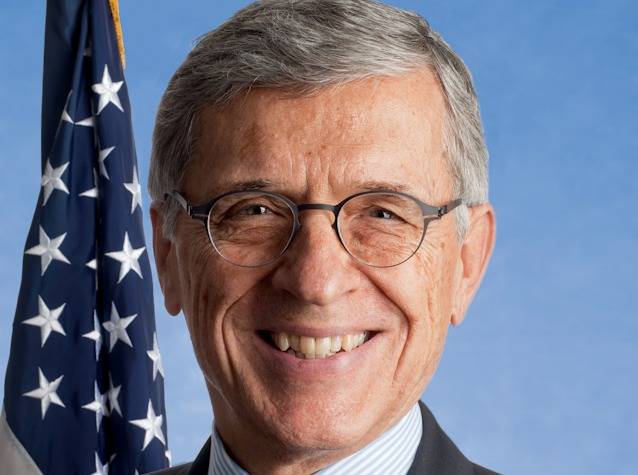
The Federal Communications Commission today approved a proposal for Internet regulation that would allow cable and telecom companies to charge service providers like Netflix for “fast lane” access to consumers, although it is also seeking comment on whether to restrain or prohibit the practice before its rules are made final.
Some commission officials, including chairman Tom Wheeler, said they opposed the idea of fast lanes even as they approved a proposal that would allow them.
See also: FCC Shifting Gears On Its Internet “Fast Lane” Idea
The result is a muddle in the fight over net neutrality, the principle that Internet service providers shouldn’t play favorites among the traffic they’re delivering to home and business users. Net neutrality has been a hot issue since a federal court struck down the FCC’s earlier rules on the subject in January. The FCC vote effectively lays the groundwork for creating new net-neutrality regulation.
“There is one Internet. It must be fast, robust and it must be open,” Wheeler said. “The prospect of a gate keeper choosing winners and losers on the Internet is unacceptable…. I will not allow the national asset of an open Internet to be compromised.”
The vote from the five-commissioner committee was carried with three votes from Democrat party commissioners (Jessica Rosenworcel and Mignon Clyburn) including chairman Wheeler and was opposed by the two sitting Republicans (Aji Pai and Michael O’Rielly).
The vote for proposed rulemaking does not mean that that net neutrality regulation has been passed by the FCC. Today’s vote starts a process where the Commission will publish a proposal (likely to come this afternoon) that will be open to public comment until the middle of July.
See also: Net Neutrality: What Happens Now That Verizon Has Vanquished The FCC
The major issues facing net neutrality in the FCC are whether or not to reclassify wireline and wireless broadband services as public utilities under Title II “common carrier” provision of the Communications Act of 1934. The FCC is also attempting to discern what regulatory power it has under Section 706 of the Telecommunications Act of 1996.
Wheeler made clear in his statements during the FCC’s open meeting today that he would oppose “paid prioritization” of Internet traffic that would allow the broadband providers to charge Internet services more for faster broadband speeds. Wheeler specifically mentioned video-streaming website Netflix in his statements while Commissioners Clyburn and Rosenworcel mentioned other industries like healthcare and education.
On the flip side, Commissioners Pai and O’Rielly said that it was not the FCC’s place to regulate the Internet and wanted to slow down or eliminate the entire open Internet process in favor of the current legal framework.









